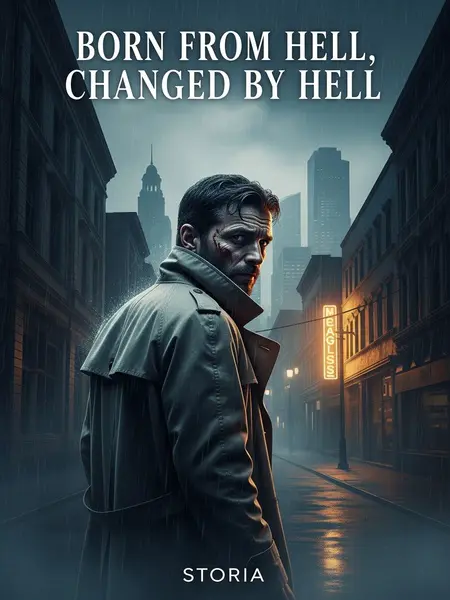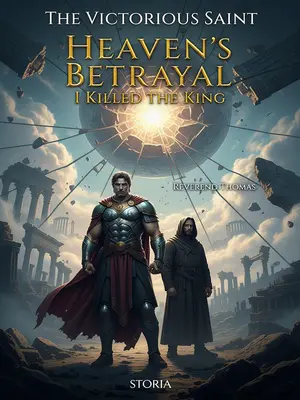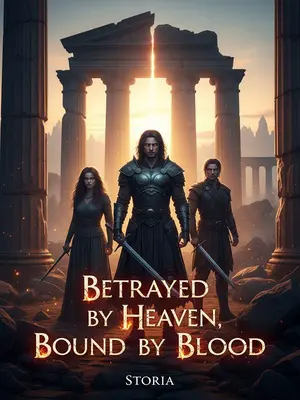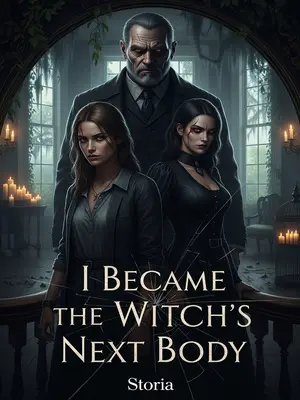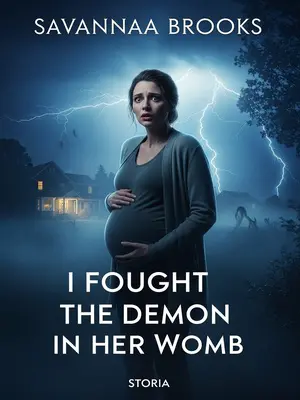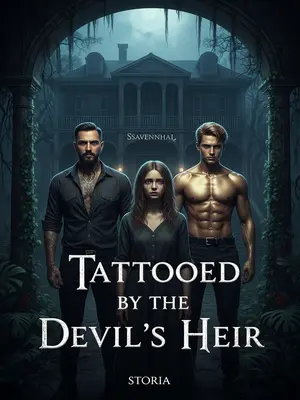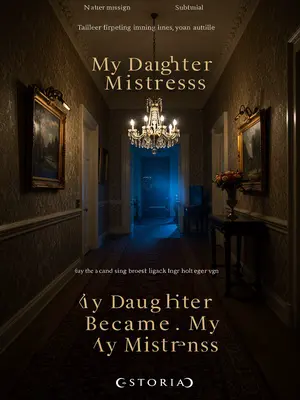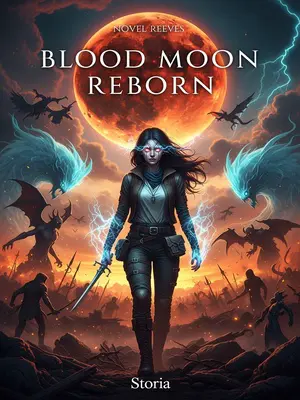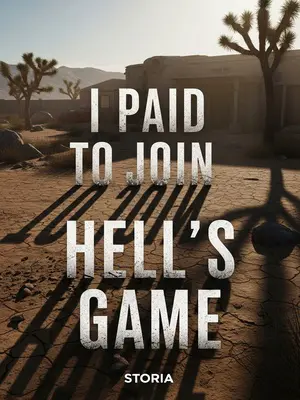Chapter 5: The Painter’s Secret
His tone left no room for argument. I knew what would happen if I failed.
After Savannah handed me a USB drive with security footage and resident info, she told me Dalton had his own hospital’s doctors coming to collect the body and run tests. I’d get the results soon.
She lingered, her eyes searching mine. “Be careful, Travis. Please.”
Leaving Evan’s house, I pushed my scooter home, my head spinning.
The morning air was heavy, thick with the promise of rain. The city’s bustle faded into the background as I walked, lost in thought.
A year ago, my dad vanished.
I still remembered the phone call, the empty house, the gnawing silence. The questions haunted me every day.
I reported it immediately, but my old precinct said it didn’t meet the criteria for a missing persons case.
They gave me the runaround—wait 48 hours, maybe he just left town. But I knew better. My dad wouldn’t just disappear.
Before that, Dad spent years finding and rescuing trafficked kids, working with the police to crack tough cases.
He was a local legend—a hero to the lost. He took on cases no one else would. He never let a kid slip through the cracks—until the day he did.
For the ones who couldn’t go home, Dad gave his time and money—twenty years straight.
He was always at the shelter, fixing bikes, buying school supplies, reading bedtime stories. The kids called him “Pops.”
We were a single-parent family. Dad spent more time at the local children’s shelter than with me. I followed in his footsteps.
Sometimes I resented it, but now I understood. He was fighting for something bigger than himself.
Eight months ago, while looking after a mentally disabled girl at the shelter, I found her playing with scraps of paper—my dad’s handwriting, no doubt.
My heart nearly stopped when I saw his blocky, all-caps scrawl—impossible to fake.
The scraps were burned, but a few words survived: “Travis,” “Fairmont,” “Save me.”
It was like a message from beyond. My hands shook as I pieced them together.
The girl couldn’t say where she got them.
She just smiled, humming a lullaby. I thanked her anyway.
I reported it again. They opened a case, but with Fairmont as the city’s biggest taxpayer, the investigation went nowhere.
The detective took notes, nodded, then filed it under “pending.” I never heard back.
As a family member, I was kept off the case.
Conflict of interest, they said. I wasn’t allowed near the files, the scene, or the evidence. I felt helpless.
Since then, I’ve dreamed of Dad every night—him reaching for me, calling, “Travis, save me,” sometimes with flames behind him, sometimes a bottomless pit. I’d grab for his hand, but always miss.
The dreams left me sweating, heart pounding. Every morning, I woke up with his voice echoing in my head.
Six months ago, I couldn’t take it anymore. I quit the force and devoted myself to finding him.
I packed my badge in a drawer and never looked back. It was the hardest thing I ever did.
Fairmont was my only lead. To get close, I applied for a job in their security department.
I lied on my application, doctored my resume, and slipped through the cracks. Nobody looked too close—Fairmont needed muscle, not saints.
Security reported directly to Evan Miller, the general manager.
It was the perfect cover. I kept my head down, did the dirty work, and waited for a break.
Fairmont Realty is the Dalton family’s crown jewel. David Dalton built it from a construction crew into the city’s biggest real estate empire, then took it public and expanded everywhere.
He was a self-made man, or so the papers said. But everyone in town knew the real story—the one the business journals never printed.
But the Daltons play rough—especially in real estate.
You don’t get to the top without stepping on a few throats. Or a few hundred.
Security’s job is way more than just guarding doors.
We were the muscle, the fixers, the cleaners. If a problem popped up, we made it disappear—quietly.
In a few months, we handled all kinds of situations—striking workers, angry homeowners, stubborn folks refusing to move out. No need to spell out the tactics.
Sometimes it was just intimidation. Sometimes it was more. We called it “problem-solving.”
Evan and Dalton were tight. I saw local cops come and go, breaking up fights as “mutual assault” and moving on.
Nobody wanted to tangle with Fairmont. Even the police had their limits.
Most people don’t even bother calling the police.
They know it won’t help. In Maple Heights, some things are just understood.
My skills earned Evan’s trust, and I became head of security.
I kept my nose clean, did my job, and waited for the right moment. Evan started giving me more responsibility—and more secrets.
The last job he gave me was to scare off a reporter named Joel Delaney. Unlike other reporters, he was relentless. Even after a few beatings, he clung to Fairmont like a tick.
He’d show up at city hall, at protest rallies, even at Dalton’s charity galas—always with his notepad, always asking questions. I started to respect his nerve, even as I roughed him up.
Yesterday at noon, I cornered him in an alley with a couple of guys and roughed him up. He still recognized me.
He looked me dead in the eye, even as I shoved him against the wall. “You’re not as different as you think, Shields.”
I played it cool, but how did he know?
I kept my face blank, but inside, I was sweating. My cover was supposed to be airtight.
I’d changed my name, my look, even my work history had been doctored by a pro—one of those New Jersey outfits that specialized in making new identities for people on the run. No one should’ve noticed.
I’d shaved my beard, dyed my hair, even wore glasses. But something in my eyes must’ve given me away.
Lost in thought, I found myself at my apartment door.
The hallway was dim, the air stale. My neighbors kept to themselves—no one asked questions, and I liked it that way.
In the gloom, a figure waited by my door. My cop instincts prickled, a cold sweat breaking out along my neck.
